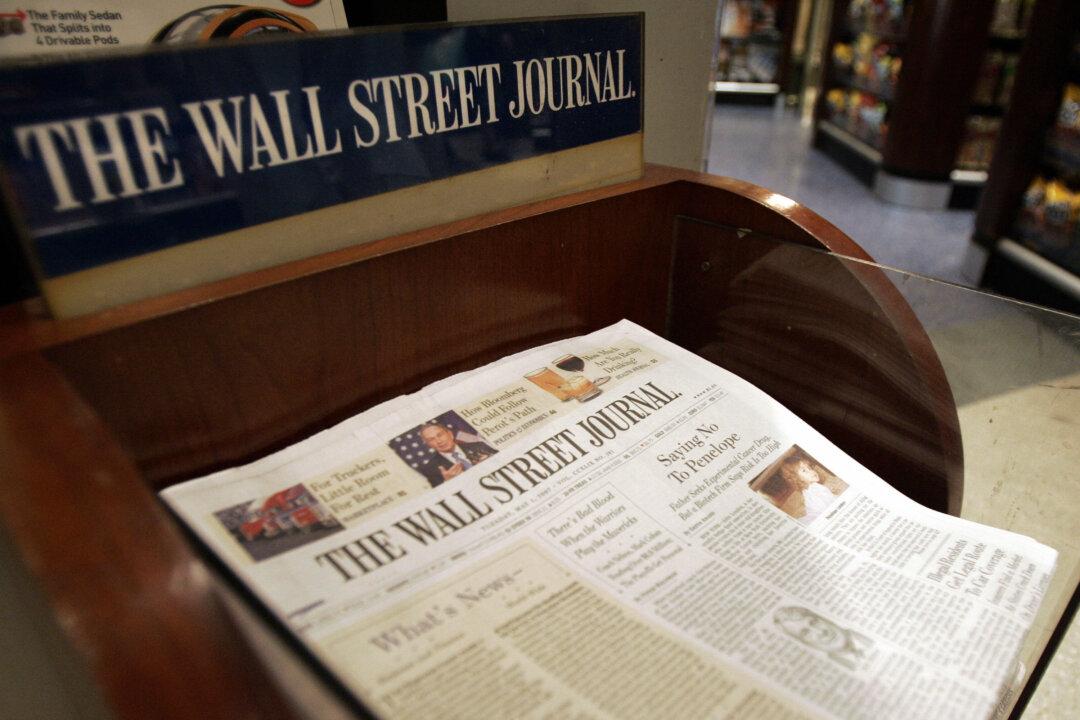The Wall Street Journal Editorial Board said Wednesday that the choice between the next chair of the Federal Reserve is a choice between “Tweedledum and Tweedledee.”
President Joe Biden last week met with the two leading candidates, current Chairman Jerome Powell and governor Lael Brainard, ahead of his decision to appoint one of them to a four-year term leading the central bank, beginning next February.




